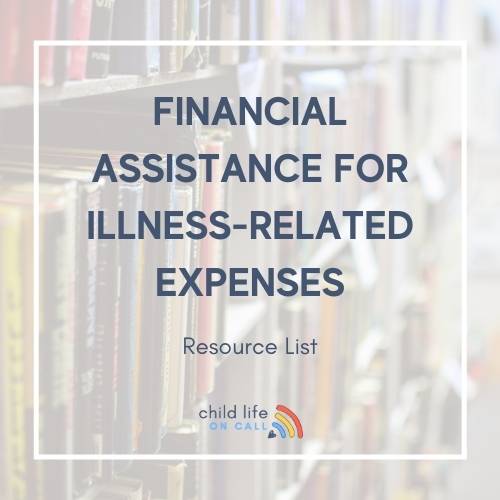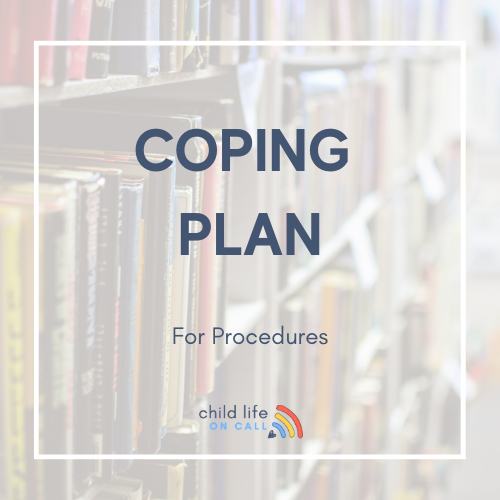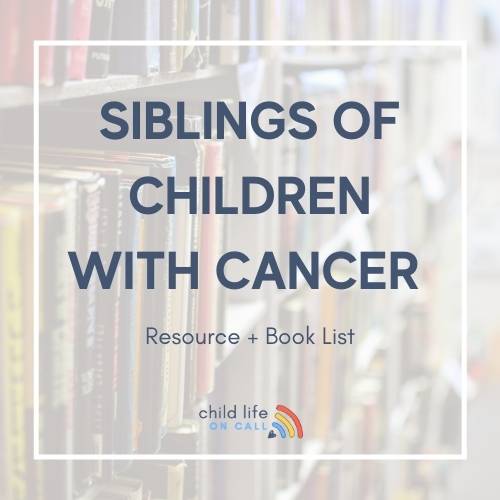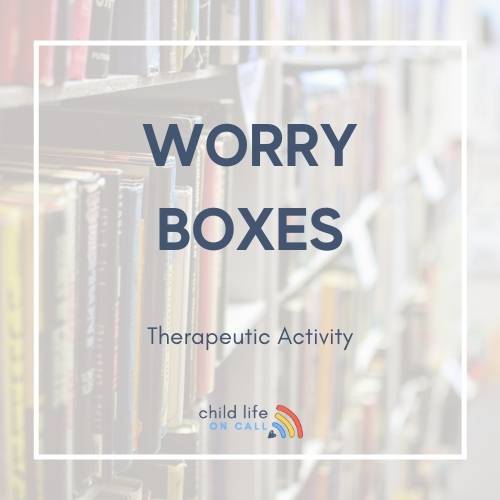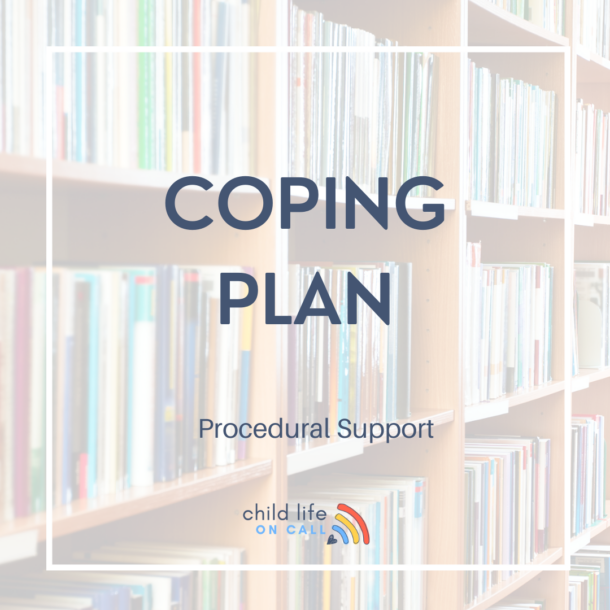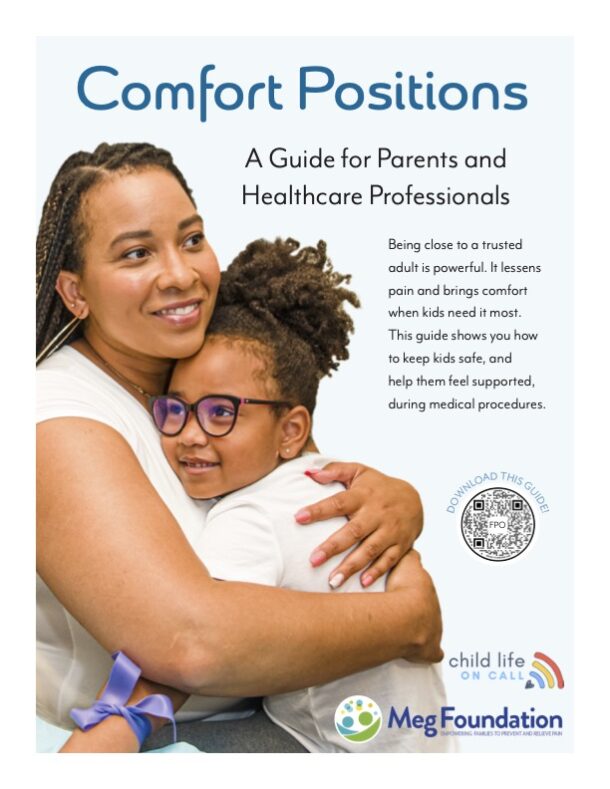Having a baby in the Neonatal Intensive Care Unit (NICU) can be a challenging experience for any family. When you have older children, it can be even more of a struggle to explain what’s happening and help them bond with their new sibling.
As a child life specialist who has both worked in the NICU with hundreds of families and a mother myself, I want you to feel so supported as you navigate taking care of your other children, too.
Episode 145 | Ashley and Martha’s Stories from Dear NICU Mama
In this blog post, we’ll provide you with tips and strategies to talk with older NICU siblings about what’s going on with the baby in NICU and ways to promote bonding between siblings who have never met.
Here are a few strategies to consider when supporting older children:
1. Start with a family meeting:
When you have a baby in NICU, it is important to include older siblings in the discussion. Gear the information shared at this time to the youngest sibling, and tell older siblings that you will speak with them one-on-one with other questions that come up. It’s essential to involve them and make them feel a part of the family.
2. It’s okay to get emotional in front of your kids:
You don’t have to be perfect all the time. Showing your feelings will help your children feel that they can express their emotions too. Kids are sensitive and can pick up on your feelings, so being open about your experience will help them understand what’s going on.
3. Focus on what you know:
With a new baby in the NICU, there’s a lot of unknowns, but focusing on what you do know can help ease the anxiety surrounding the situation. Explain to your older children that the baby was born early, is being cared for by specially trained doctors and nurses, and needs a lot of sleep and rest. This will help them understand why they can’t see the baby all the time.
4. Talk about the health heroes:
Your baby is in good hands with the care team in the NICU. Explain how they’re caring for your baby and what each person’s role is. This will help your children feel more confident and at ease with the situation.
5. Break down the medical information:
Medical jargon can be overwhelming, even for adults. Simplify the information by breaking it down into body systems: breathing, eating, sleeping. This will help your children understand what’s going on more clearly.
Incorporating the Sibling:
In addition to talking about the baby and the situation, it’s important to incorporate the sibling’s involvement. This allows them to feel included in the process and like they have a role to play. Here are some ideas for incorporating your older children:
1. Ask them to help with special jobs, such as picking out the baby’s outfit or handwashing before visiting the NICU. This is our favorite book about handwashing with pre-schoolers.
2. Encourage them to write down questions for the doctor/nurse so they can feel involved in their sibling’s care.
3. Have them create a handprint activity, where the sibling traces their hand, and the baby’s handprint is placed inside.
4. Create a bracelet activity where the sibling makes a bracelet with their baby’s name on it.
5. Draw black/white/red pictures on small index cards to be placed on/near baby’s isolette.
When you have a baby in the NICU, it’s essential to support your older children during this time. By involving them in the discussion and offering them ways to bond with their new sibling, you’re helping to create a positive and supportive environment for everyone. Remember to take care of yourself during this time and seek additional support if needed. Reach out to a virtual support group or a professional if you need more help or suggestions for helping siblings cope. Together, you can all get through this challenging time.



